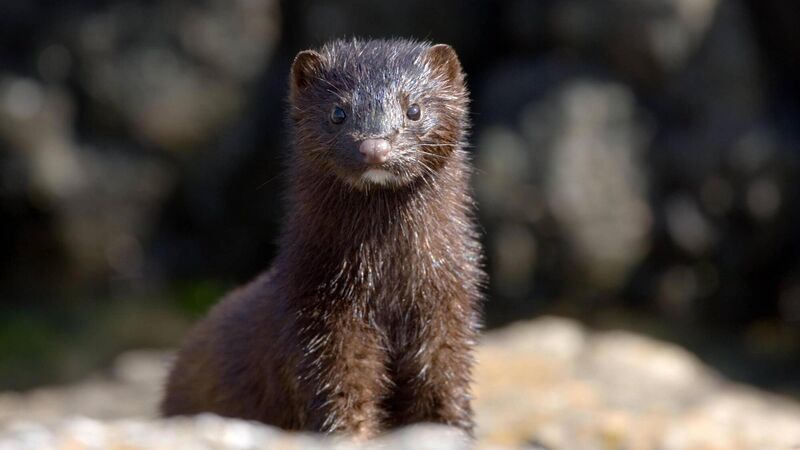Fur farmers to be compensated for lost earnings after practice is banned

The Government is to make moves to ban fur farming. Pictured is a mink, of which there are about 120,000 on farms in Kerry, Donegal and Laois.
Fur farming is no longer appropriate and it is right that the practice be banned, Agriculture Minister Charlie McConalogue has said.
Speaking after he secured Cabinet approval to ban the use of fur farms, Mr McConalogue defended the fact that farmers who will be put out of business will be compensated by the taxpayer.










